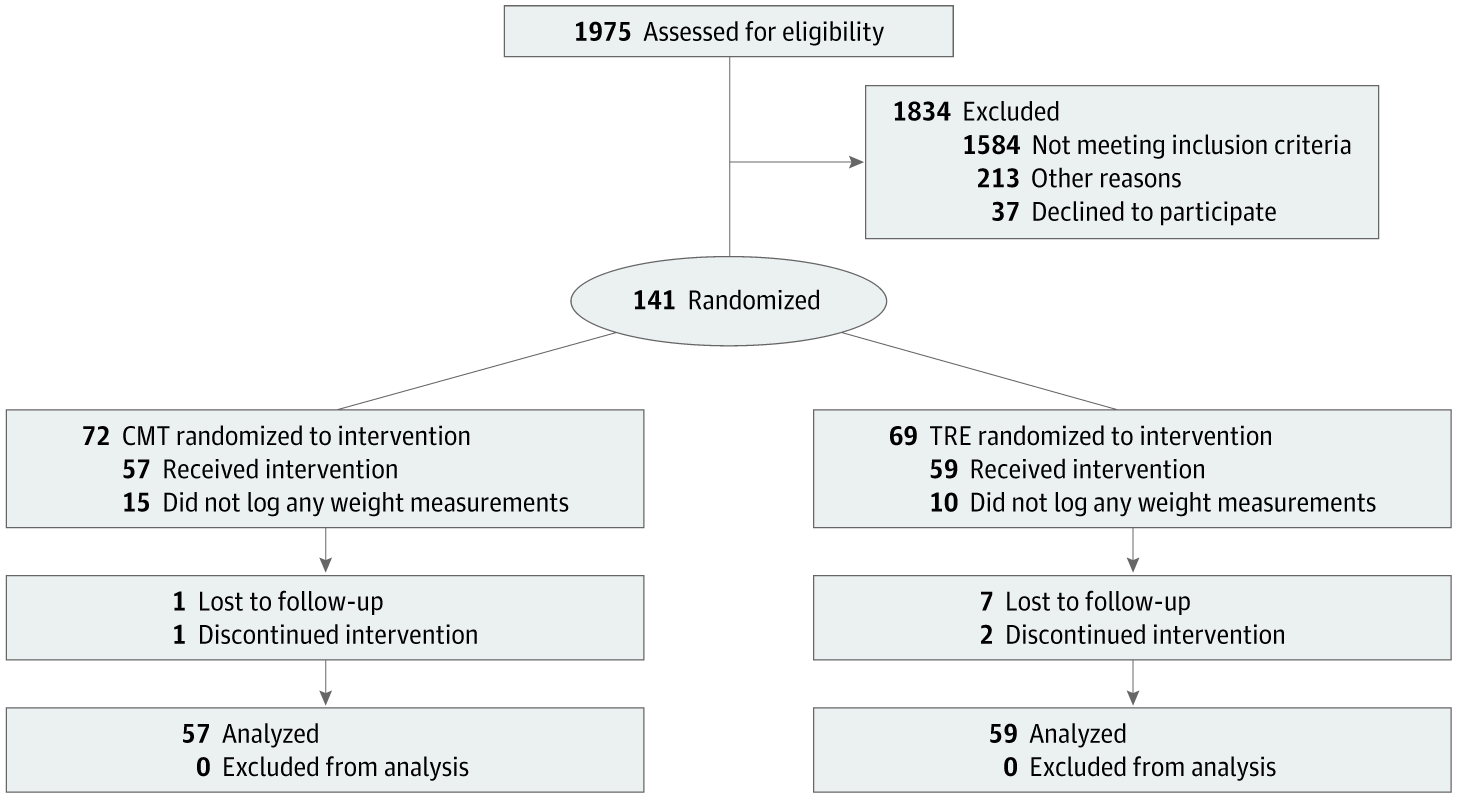- Joined
- Dec 11, 2017
- Messages
- 597
- Reaction score
- 1,181
I’m confused here. Can’t you just eat a keto diet to maintain the ketosis without fasting?
I typically don’t hit more than 2 mmol levels of ketones when doing my normal daily routine (unless I test immediately after working out), but then again, I’m not following a classic 4:1 ketogenic diet either. I do wonder if you just consumed fat as your only macro for a few days if you’d hit the same level of ketosis that you would if you had simply fasted over the same amount of time. Fat is just fat whether it’s exogenous or endogenous, right? Or is there something else going on during total nutrient deprivation that ramps up ketosis to a level you can’t reach just by eating fat? Heck, when your ketone levels rise to around 7 mmol, they create an insulin response to inhibit further ketogenesis and protect from the development of ketoacidosis.
I also wonder just how much protein one would have to consume to be kicked out of ketosis (generally defined as registering 0.5 mmol or greater). If protein was that insulinogenic, it would inhibit the very gluconeogenesis necessary to convert gluconeogenic amino acids and glycerol to glucose. There’s clearly a balancing act between insulin and glucagon at play. So yeah, probably why I’m not over 2 mmol often eating what I eat, but I’m not big on chasing a number just for the sake of chasing a number, unless I am fasting, and then it’s mostly for curiosity. The main takeaway is to keep insulin levels sufficiently low enough to always be producing a relevant amount of ketones.
Last edited:

